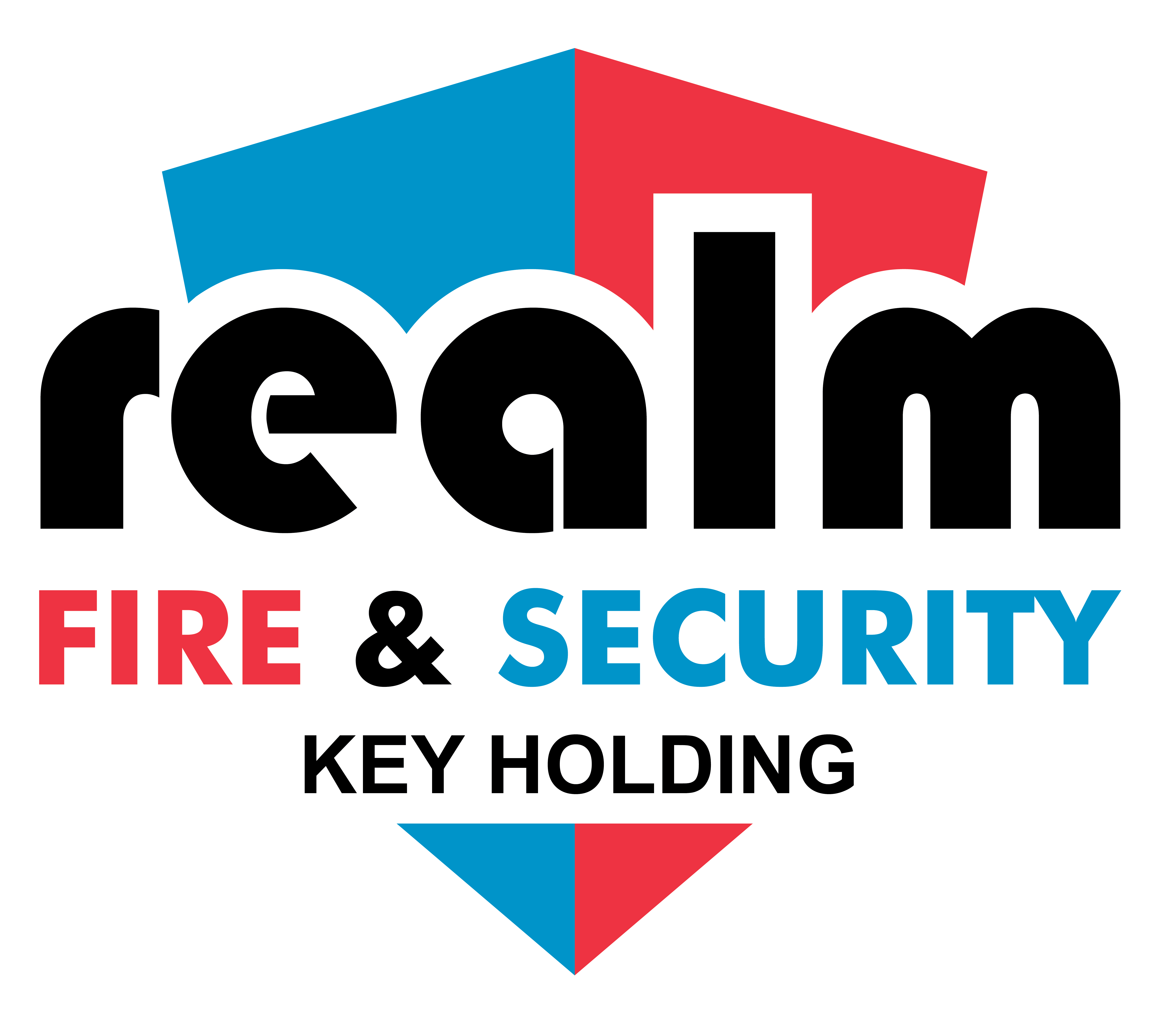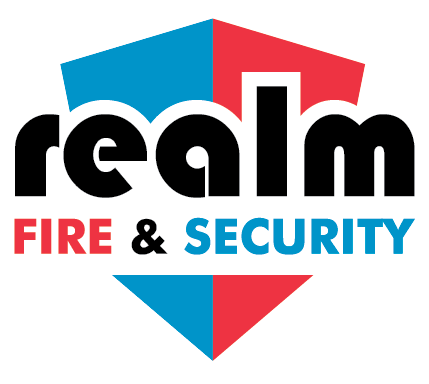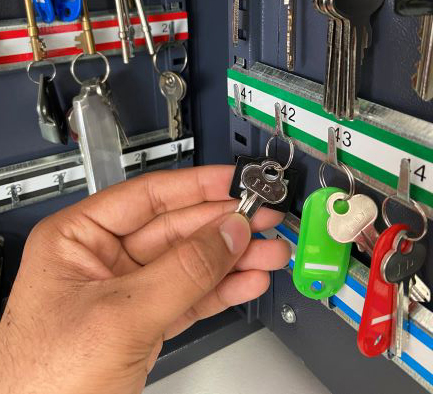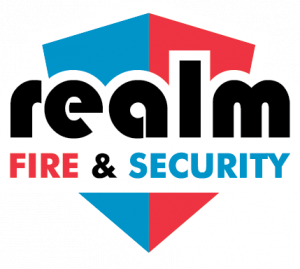Key Holding Service in Aberdeen
A service for commercial businesses in Aberdeen
Realm Fire & Security provides a key holding service for businesses to support the existing security and fire systems your business has invested in. We will attend your site in the event of a fire or security activation, so that you don’t have to.
We do this by providing a bespoke service, usually including being available over night and during bank and public holidays, to ensure you’re getting the optimum benefits from your systems, whether or not we have provided them. We also include a programme of education and consultation to improve employee education and understanding of your fire and security systems, to help manage any false or unwanted activations that you might experience.
To find out more information or book an initial meeting, contact our team on 01224 710014 or via email at sales@realmfs.co.uk with Key Holding in the subject line.


Benefits of using Realm FS for key holding
In most businesses there are a few trusted employees who become the key holders. This means if a security or fire alarm system is activated overnight, they have to get up and drive into work to see what’s happened. This means the following day, they’re either too exhausted to be effective at work, or they’re late in. One 2 am disturbance can totally disrupt a week of work. It also puts the employee at potentially unnecessary risk and also may not lead to a full understanding of why the system was triggered.
Using Realm means your whole team gets a good night’s sleep while our fully trained response team deal with the callout. In a genuine emergency, this prevents your employees from putting themselves in harm’s way. We understand the Health & Safety issues involved and recognise that systems can triggered for several reasons, aside from a genuine security or fire emergency. There are different categories of false alarm, often triggered with good reason, that we can support your business to understand and mitigate, resulting in fewer false callouts, and a better understanding of how your fire and/or security systems work.
Reasons for a false activation
Categories of False Alarms
1. Unwanted Alarms
This is the most common form of false alarm. Here the system has performed as it should but has nonetheless produced an unanticipated result. There can be several reasons for this as demonstrated in the examples below.
Example: Fire Systems An incident like burning toast or steam in a kitchen has produced a fire-like phenomena that the fire alarm has mistaken for a real fire. This system has performed as it was designed to perform, but this has still led to an unwanted activation.
Example: Security Systems A window has been left open which has tripped a window sensor. An alarm zone has not been deactivated despite being in legitimate use. A CCTV camera has picked up legitimate activity in a yard which has been interpreted as a threat. A camera is picking up reflections in a window that has been interpreted as movement in a room.
Solutions
There may be an issue with the system design which is easily corrected. For example, the sensitivity of the system can be adjusted, detectors can be repositioned, or a different type of detector used, (smoke detectors can be replaced by heat detectors). However, in many cases, these types of false alarms can be avoided through education. Realm will work closely with clients to ensure that all staff are properly trained in the correct operation of the alarm system to minimise the number of unwanted alarm activations.
2. Equipment Fault Alarms
This is often where the finger of blame is pointed whenever a false alarm is reported, but these types of alarms are quite rare in modern systems, and far less common than unwanted alarms. As suggested by the name, these types of false alarm activations are caused by faulty equipment.
Example: Damaged wiring which breaks the circuit. A faulty piece of detection equipment, or a faulty panel.
Solutions
An indication of why the system has misfunctioned can usually be found through interrogating the panel, giving the engineer an idea of where to focus their investigation. Faulty equipment can often be ‘swapped out’ under warranty. Damaged wiring will need to be replaced.
3. Malicious False Alarms
These are deliberate malicious activations by a person or persons intent on causing disruption.
Example: Common in schools, prisons, or other institutions where manual call points are likely to be deliberately activated maliciously by students, inmates, or residents. This could also include deliberate alarm activations for premises outside pubs or clubs due to late night drunken antics. In rare cases, malicious activations can be from disgruntled employees.
Solutions
Where appropriate, various anti-tamper devices can be added to equipment.
4. False Alarms with Good Intent
Somebody deliberately activates an alarm in good faith, mistakenly believing that there is a legitimate threat which turns out to be false.
Example: Fire Somebody activates a manual call point believing they smell smoke
Example: Intruder Somebody activates a ‘hold up’ alarm believing that they are in danger
Solutions
There is often not a solution to these activations as in most cases it is ‘better to be safe than sorry’. However, repeat issues may again be alleviated with regular staff training. Realm are happy to help educate on fire and security safety issues.



